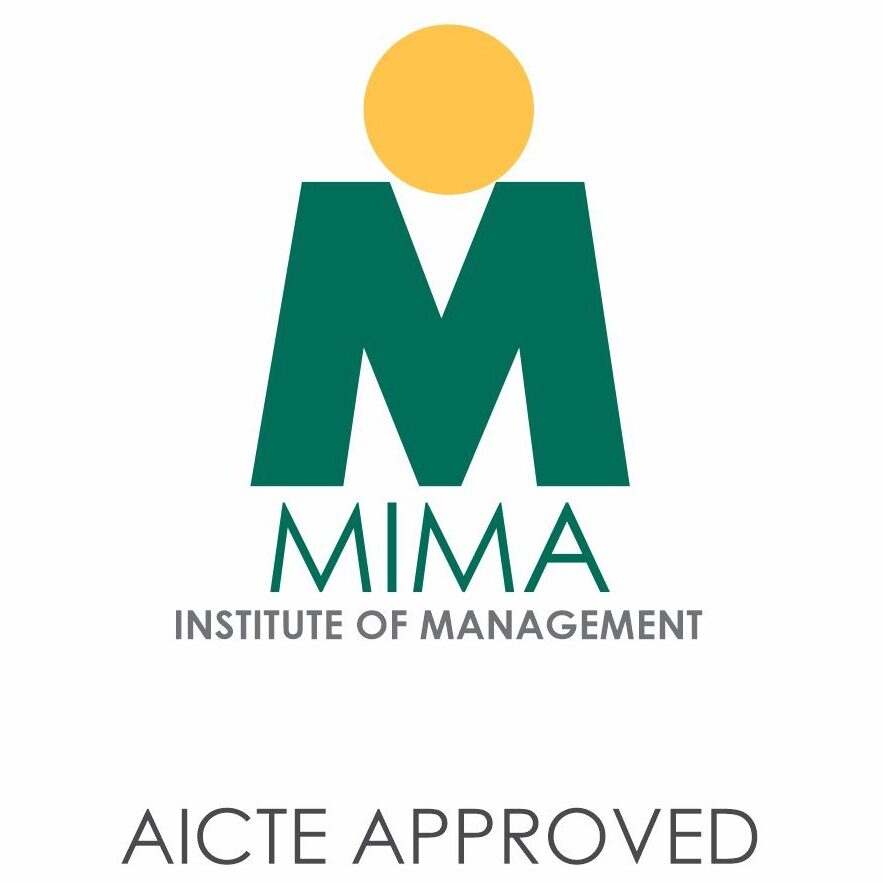In the ever-evolving landscape of work, the future of management is undergoing a transformation driven by technological advancements, shifting demographics, and changing employee expectations. As we peer into the horizon, it’s essential to understand the trends and challenges shaping the future of management in the workplace.
Remote Work and Flexible Arrangements:
The COVID-19 pandemic accelerated the adoption of remote work and flexible arrangements, ushering in a new era of workplace flexibility. As remote work becomes more prevalent, managers must adapt to leading distributed teams, fostering collaboration, and maintaining productivity across virtual environments. Challenges include managing work-life balance, combating feelings of isolation, and ensuring effective communication and coordination among team members.
Emphasis on Employee Wellbeing:
The future of management prioritizes employee wellbeing as a critical component of organizational success. Managers are increasingly recognizing the importance of supporting employees’ physical, mental, and emotional health. Challenges include addressing burnout, stress, and mental health issues, as well as implementing policies and initiatives that promote work-life balance, resilience, and overall well being.
Focus on Diversity, Equity, and Inclusion (DEI):
Diversity, equity, and inclusion are no longer just buzzwords but fundamental principles driving organizational success. The future of management entails fostering diverse and inclusive workplaces where employees feel valued, respected, and empowered to contribute their unique perspectives and talents. Challenges include addressing unconscious bias, promoting diversity in leadership roles, and creating inclusive cultures where all individuals can thrive.
Rise of Artificial Intelligence and Automation:
Artificial intelligence (AI) and automation are revolutionizing the way work is done, streamlining processes, and increasing efficiency. The future of management involves leveraging AI and automation technologies to optimize workflows, make data-driven decisions, and enhance productivity. Challenges include ensuring ethical use of AI, mitigating job displacement, and upskilling employees to adapt to the changing nature of work.
Agile and Adaptive Leadership:
In a rapidly changing world, agile and adaptive leadership is essential for navigating uncertainty and driving innovation. The future of management requires leaders who are responsive, resilient, and open to experimentation. Challenges include developing leaders who can thrive in ambiguous and complex environments, fostering a culture of continuous learning and adaptation, and empowering teams to embrace change.
Remote Team Management:
As remote work becomes more common, managers must adapt their leadership styles to effectively manage distributed teams. Challenges include maintaining team cohesion and morale, fostering collaboration and communication, and addressing logistical challenges associated with remote work, such as time zone differences and technological barriers.
Ethical Leadership and Corporate Social Responsibility:
Ethical leadership and corporate social responsibility (CSR) are becoming increasingly important in the future of management. Organizations are expected to demonstrate a commitment to ethical conduct, environmental sustainability, and social impact. Challenges include balancing profit with purpose, navigating ethical dilemmas, and holding leaders accountable for ethical behavior and decision-making.
In conclusion, the future of management is characterized by complexity, uncertainty, and opportunity. By embracing trends such as remote work, prioritizing employee wellbeing, fostering diversity and inclusion, leveraging AI and automation, cultivating agile leadership, and upholding ethical standards, managers can navigate the challenges of the evolving workplace and lead their organizations to success in the years to come. Let’s embrace the future with optimism, adaptability, and a commitment to continuous learning and improvement

